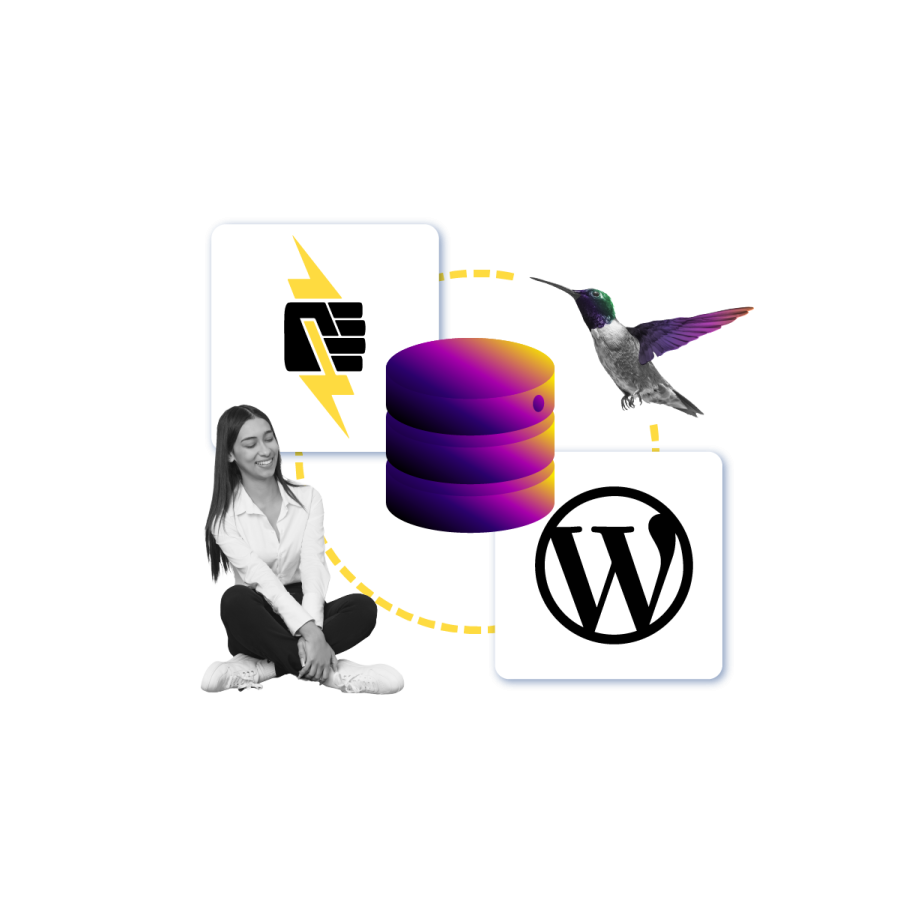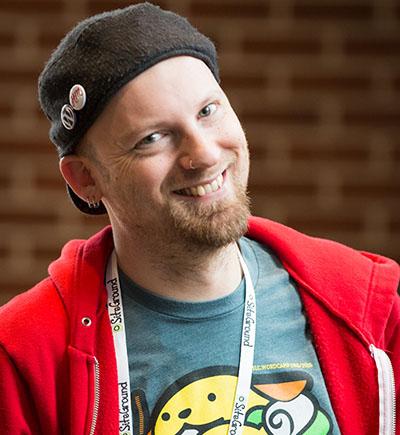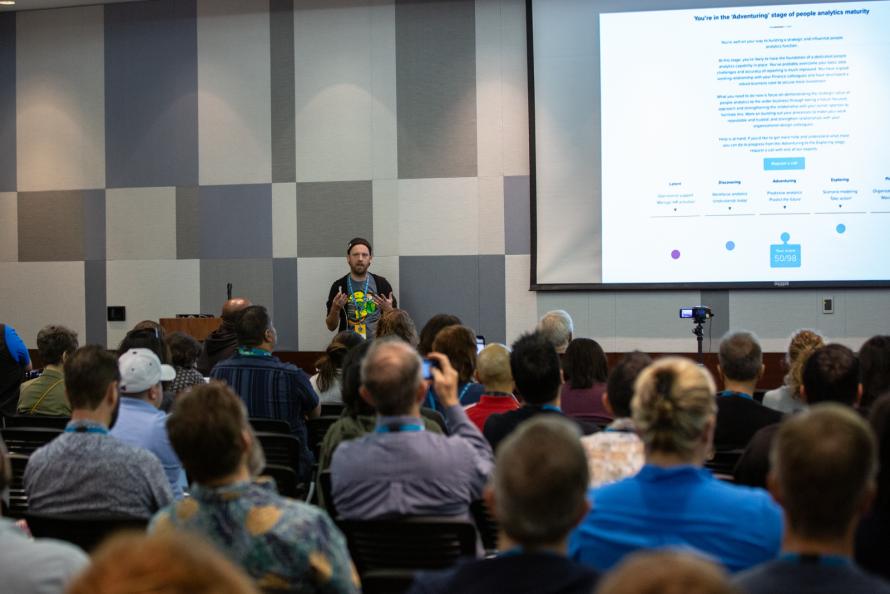What Does a Developer Advocate Actually Do?
Image

Image

Last month I changed jobs within Pantheon. I moved from an engineering role to Pantheon’s Developer Advocate. Since then I got a lot of head nods (both virtual and literal), and “that role makes perfect sense for you” type of comments. This feels strange because I don’t really know what a Developer Advocate is, but I’ve been advocating for developers since I became one myself.
I first encountered Pantheon while I was a developer at WebDevStudios about a decade ago. Pantheon was a revelation. The company was just entering the WordPress space, and by then I had been around WordPress for close to 10 years. In that time I went from a hobbyist just using WordPress to share family photos to a (somewhat) seasoned veteran. Achievements unlocked along the way included:
- Building my own freelancing business
- Developing a premium event management plugin, Event Espresso
- Writing a dozen online training courses for Pluralsight
- Getting involved with the local WordPress community and joining the WordCamp Salt Lake City organization team
- Contributing to the WordPress core documentation team
It wouldn’t occur to me until now that these experiences would satisfy the main requirement of the Developer Advocate:
Communicating outward to the web development community about best practices by means of blogging, tech documentation and customer office hours.
At WebDev, I worked on sites for big brands my parents would recognize, and this was exciting. But for most sites, at least some part of our operations still involved FTP for shipping code. Test or staging servers were virtually non-existent – we had our own standing WordPress multisite environment where we would push code for testing before merging. It was far from ideal, and being a self-hosted server, it required someone (not me) to manage the operations and make sure it kept running. If that server went down, so did our work for all our sites in development.
These experiences turned into talks that I would present at my local WordCamp, covering topics like git workflows and development, satisfying another important DevRel function:
Speaking at conferences about WebOps best practices.
Pantheon made sense from the beginning. Not only was it Git native, but it offered separate environments for development, testing and live sites! Multidev was a game changer! Why couldn’t all of our clients just use Pantheon and make our jobs infinitely easier?
I met Pantheon’s Developer Relations team in person at LoopConf 2.1 in 2017. That was the year when Hurricane Matthew forced the original conference to move from Florida to my (and the organizers’) home city of Salt Lake. I had recently joined Human Made, and my ticket was courtesy of a fellow “human” (one of my new co-workers) who was unable to make the rescheduled date.
Despite LoopConf being a single-track event held between two medium-sized event spaces, it felt bigger than anything I’d been to before. Up to that point, my only conference experience had been at WordCamp SLC. But the thing that stood out the most, and what I remember to this day, was talking to the Pantheon team and feeling like they really understood the challenges I faced as a developer. They’d built tools to solve those problems, after all. I felt like a rock star when Pantheon’s DevRel team invited me to join them at a pub trivia night after the event. I left LoopConf with my first – still my favorite – I Make The Internet T-shirt and moved my personal site from DreamHost to Pantheon.
Image

Later, I would run into Pantheon again and again when speaking at WordCamps Denver and Long Beach and attending WordCamps US. And each time I would walk away with the feeling that Pantheon “got me” in a way that other sponsors at those events maybe did not – at least, based on first impressions from talking to people at their booths.
That feeling of Pantheon “getting me” was what brought me here in the first place. Since then, I’ve learned a lot about how Pantheon works. I’ve been advocating for better WordPress support since I got here (indeed, I was hired for my WordPress experience). I’ve tried to make my presence known, sharing insights and personal experiences, inadvertently fulfilling another function of Developer Relations:
Communicating inward to Pantheon's staff about how we need to evolve to meet market expectations.
The ability to share that feeling of “getting it” with others is what’s drawn me into the Pantheon community I’ve been a part of for the last three years. Maybe I don’t yet know exactly what a Developer Advocate does. But I know what it feels like when it’s working. And maybe that’s enough.
In this role, I want to transmit that feeling of "getting it" to a wider set of developers, both in person and online. You will find me regularly hosting Pantheon Office Hours, traveling to WordCamps and helping to bring Pantheon to the broader WordPress community. Oh, and let me know if you want us to bring back YouTube Livestreams!


